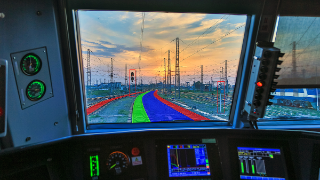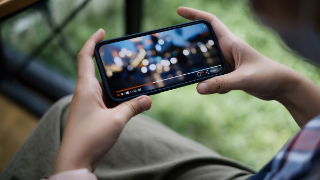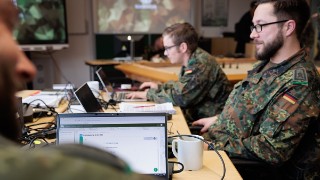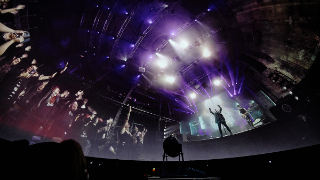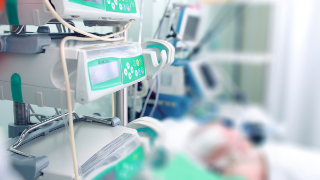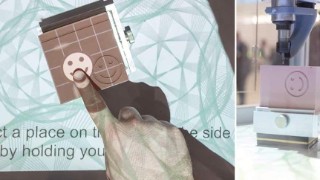Fraunhofer FOKUS is an experienced and competent partner for the development and application of digitalization technologies and the networking of distributed infrastructures. Fraunhofer FOKUS develops practical solutions in many national and international funded projects as well as in contract research for SMEs, large-scale industry and public administration.
We work on research and development projects of all sizes:
- national
- European-wide
- international
Cooperation with us takes place in individual projects or as part of long-term cooperation agreements.

